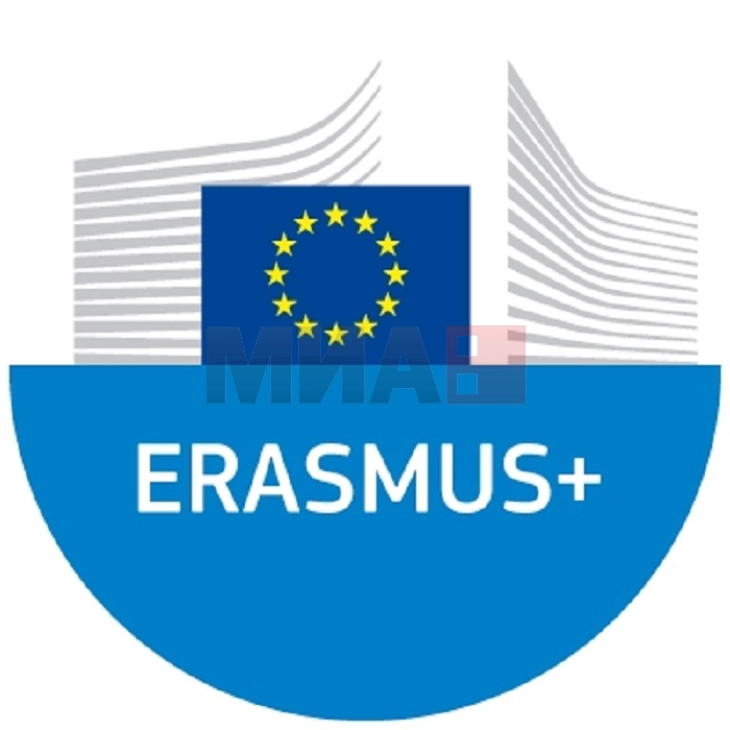The call for ideas for Erasmus+, the EU’s program to support youth, sport, education, and training in Europe, has been announced by the European Commission for 2024. Erasmus+ will continue to promote students’ international experiences in school, higher education, and vocational education and training with a budget of €4.3 billion for the upcoming year. In addition, the program provides chances for non-formal learning for youth, educators, and adult learners.The program will increase the amounts of mobility grants in order to mitigate the impact of inflation on participants studying abroad and to enable a wider participation. The grant amounts for individual support for students studying abroad will be modified by 5.9% for the majority of the mobility initiatives in the 2024 call, in accordance with the methodology used for the 2023 call. In 2023, a first adjustment of 12.27% was made on top of this rise.
The program will provide more incentives for environmentally friendly travel by 2024. Participants from isolated locations, islands, or areas with inadequate rail networks will receive sufficient compensation for adopting those sustainable modes of transportation, and it will be offered as the default option starting in 2024. Travel contributions will also be made available for the first time for intra-European higher education mobility. This will ensure more uniform funding rules across all sectors.The four overarching primary themes of the program—inclusion, active citizenship and democratic engagement, green and digital transitions—will continue to be the focus of cooperation activities funded by Erasmus+, which will bring individuals and organizations together.
These can include everything from small-scale local project support to large-scale international programs like the Erasmus+ Teacher Academies, the European Universities, and the Centers for Vocational Excellence, which are devoted to international university collaborations. These programs are spearheading the transformation of education and training systems into digital and environmentally friendly ones.
Through initiatives that can, for example, support incoming learning mobility, equip those escaping the nation with new skills, aid in the battle against misinformation, or aid in the integration of refugees into a new educational system, Erasmus+ will continue to stand with Ukraine.Erasmus+ will also continue its key role in promoting common EU values. All programme beneficiaries and the activities they implement will comply and promote the values of human dignity and rights, freedom, democracy, equality, and the rule of law.
Under this Erasmus+ call for project applications, any public or private body active in the fields of education, training, youth and sport can apply for funding either via Erasmus+ National Agencies (in all EU Member States and countries associated to the programme) or the European Education and Culture Executive Agency (EACEA). A total of €26.2 billion in funding is available for Erasmus+ between 2021 and 2027; this sum is supplemented by an additional €2.2 billion from EU external instruments. Since 1987, more than 14 million people have benefited from the Erasmus+ program by taking part in various training, education, and youth mobility initiatives. The program’s reach is constantly being increased in order to include more citizens.





Comments are closed for this post.